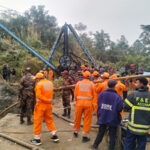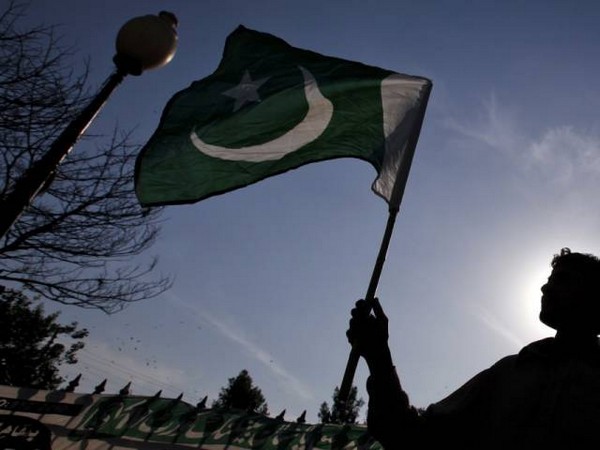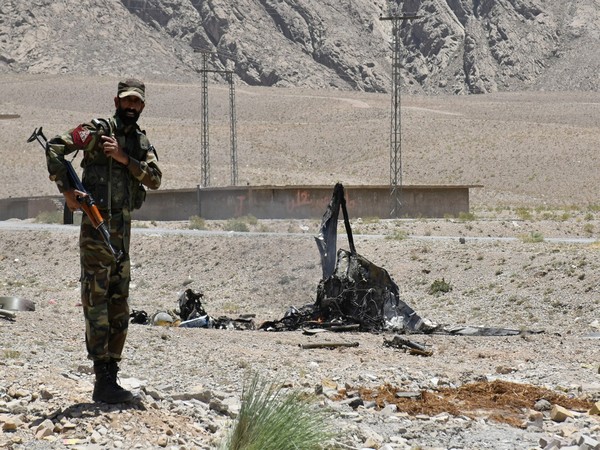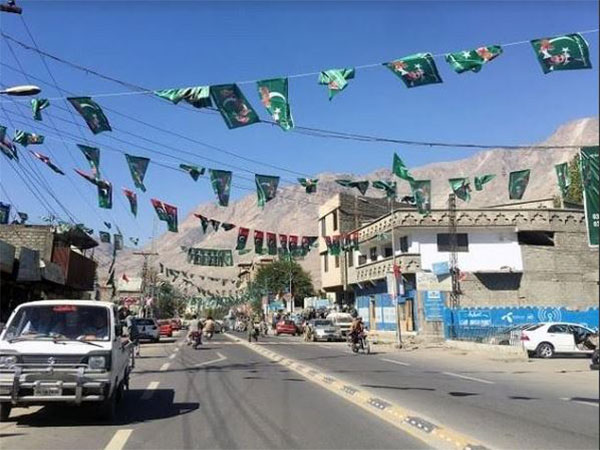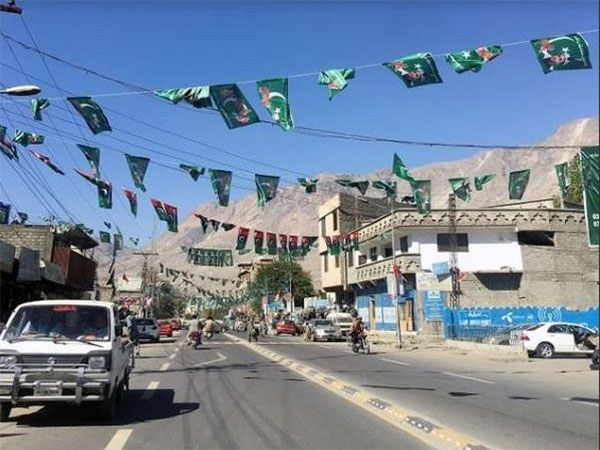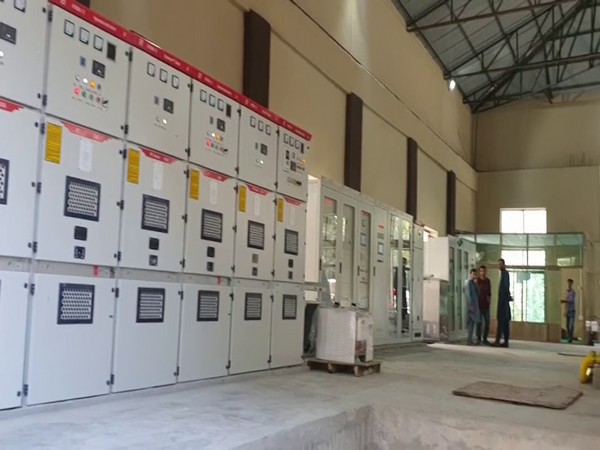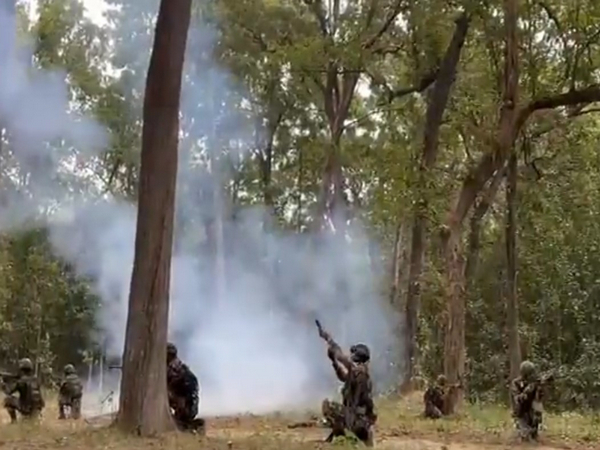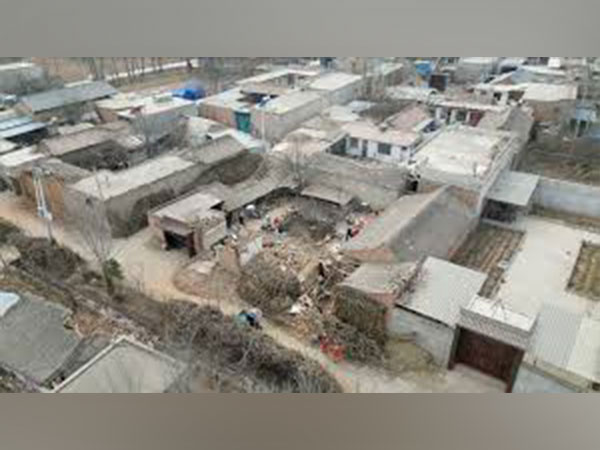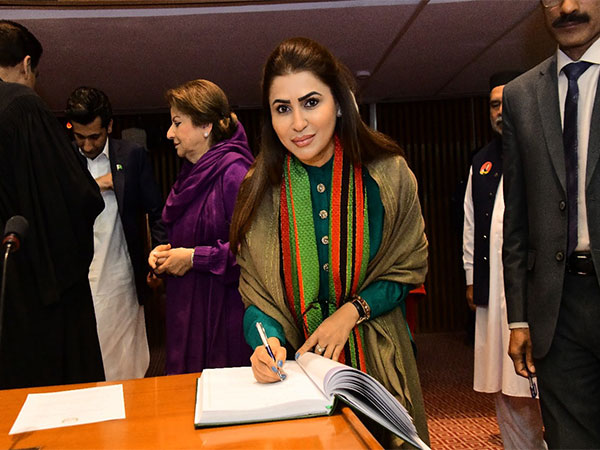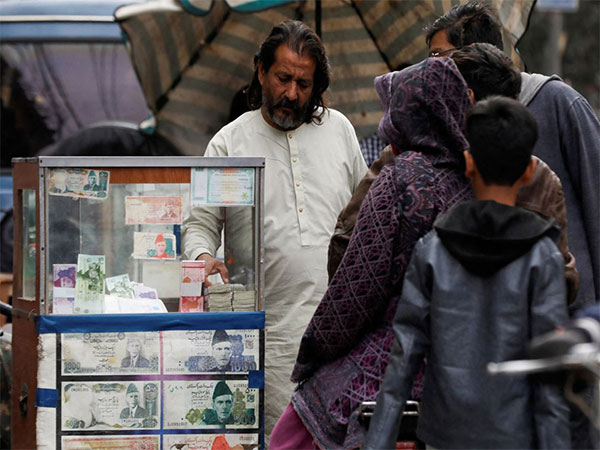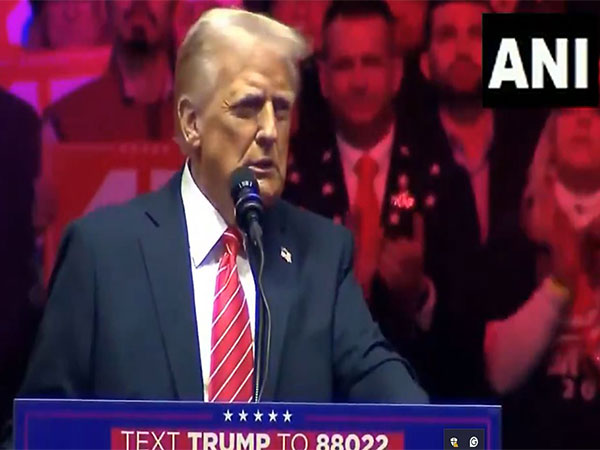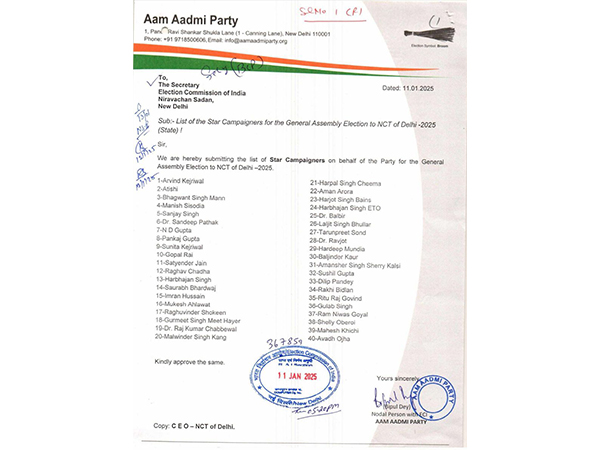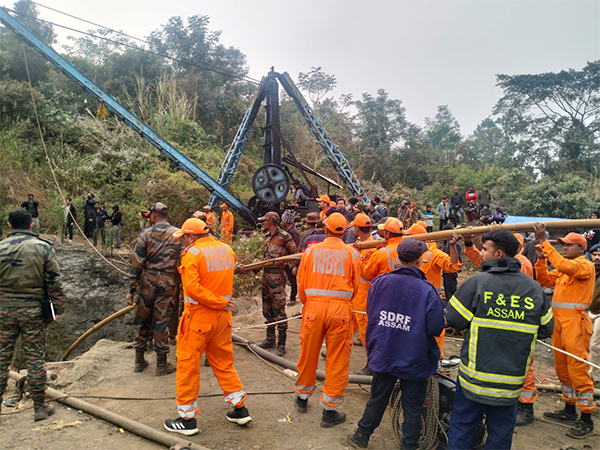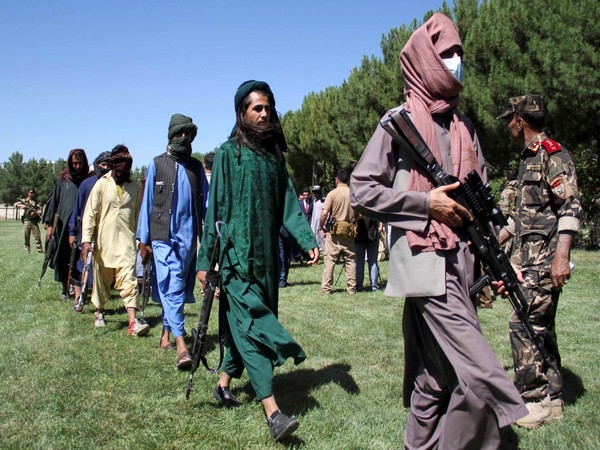
By Naveen Kapoor
New Delhi [India], August 28 (ANI): As India keeps a close eye on the formation of a new government in Afghanistan, there are fears that deep connivance between the Haqqani network and Islamic-State Khorasan (IS-K) may not only pose an immediate threat to Afghanistan but is also a potential risk to the region and the western world at large.
The recent well planned and coordinated blasts at the Kabul Airport and a hotel were the handiwork of IS-K and it is learnt from Afghan sources and published media reports that Khalil Haqqani was in charge of the security of Kabul airport. He is part of the Haqqani network, the jihadi group based in Pakistan.
Former Afghanistan vice president, Amrullah Saleh who has proclaimed himself as the “caretaker” of the country recently tweeted: “Every evidence we have in hand shows that IS-K cells have their roots in Talibs and Haqqani network particularly the ones operating in Kabul. Talibs denying links with ISIS is identical/similar to denial of Pak on Quetta Shura. Talibs have learned very well from the master.”
“The world must not bow to terrorism. Let’s not allow Kabul airport to be the site for the humiliation of humanity and “rules-based world order,” Saleh said in another tweet.
Pakistan spy agency ISI has been providing weapons, training, and financial support for the last twenty years. Safe havens were offered to Haqqanis, Quetta Shura and Peshawar to name a few safe-havens. Haqqani network‘s Sirajuddin Haqqani, the Taliban’s second-in-command who also lived in Pakistan, has maintained very close ties to al Qaeda.
It is learnt that the Haqqani network and IS-K are partners in drug enterprise and money laundering. Islamic State-Khorasan which surfaced in 2015, operates from Nangarhar district bordering Pakistan, from a well-known drug trade route.
IS-K and Taliban remain at odds with each other. The Islamic state was dead against any negotiation and power deal with western powers initiated in Doha. Observers here feel that Haqqanis who are expected to be part of the power structure in Afghanistan will be used by Pakistan’s ISI to destabilize the regional security balance.
IS-K which has ambitions of establishing a state in South Asia has targeted the Afghan defence forces, schools for girls and Sikh gurdwaras. In last year’s attack on a gurudwara in Afghanistan, the IS-K and Haqqani network collaborated along with Pakistan based Lashkar-e-Taiba and Jaish-e-Mohammed.
IS-K’s indirect role or role via Haqqani in Afghanistan power structure may severely dent the image the Taliban is attempting to build for itself in its second take over.
Christine Fair, a US-based scholar of South Asian political and military Affairs said the situation in Afghanistan is actually not quite that straightforward. “’ISIS-K’ generally draws from dissatisfied Talibs and Pakistani sectarian groups. The ISI has worked VERY hard to cultivate the so-called ISIS-K. It never had tied to al Baghdadi,” she said on Twitter.
“Because al Baghdadi called all other emirates legitimate, the Talib-AQ axis was/is opposed to ISIS. But ISIS and ISIS-K are really like the difference between Kentucky Fried Chicken and Karachi Fried Chicken,” Christine fair wrote in another tweet.
Meanwhile, India has stepped up security levels in Jammu and Kashmir especially after reports of a meeting between Jaish-e-Mohammed and Taliban leadership.
With all the sophisticated weapons left by the US and surrendered by Afghanistan defence forces, any kind of involvement of Haqqani in security and defence infrastructure can augment IS–K and can prove to be a nightmare for not only the security of Afghanistan but the world. (ANI)


